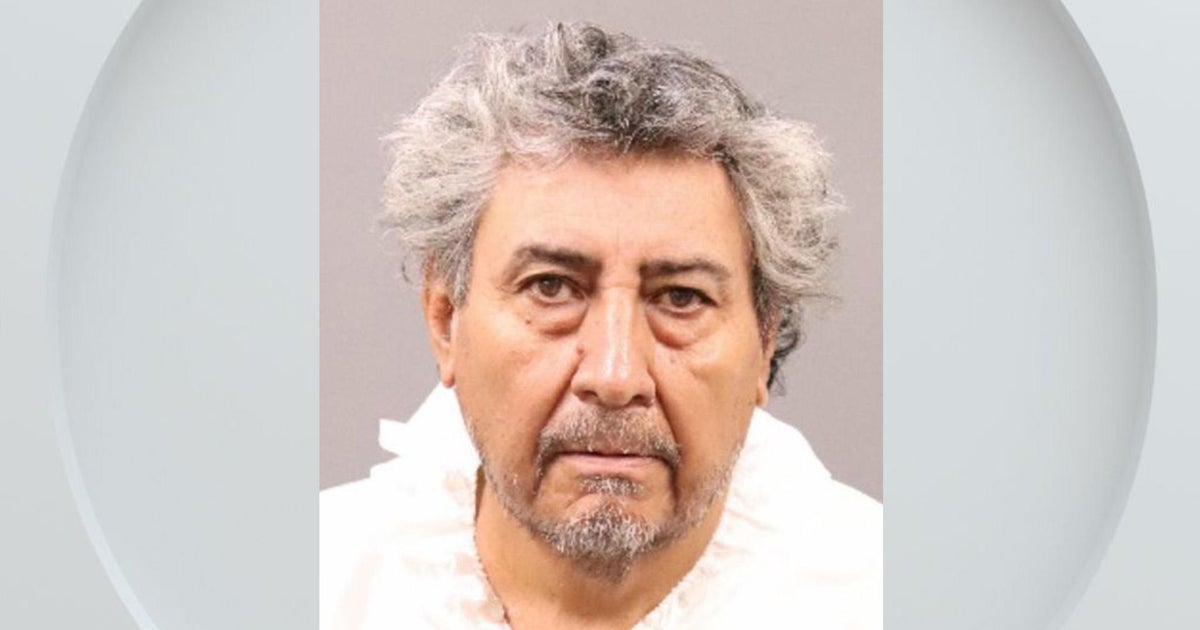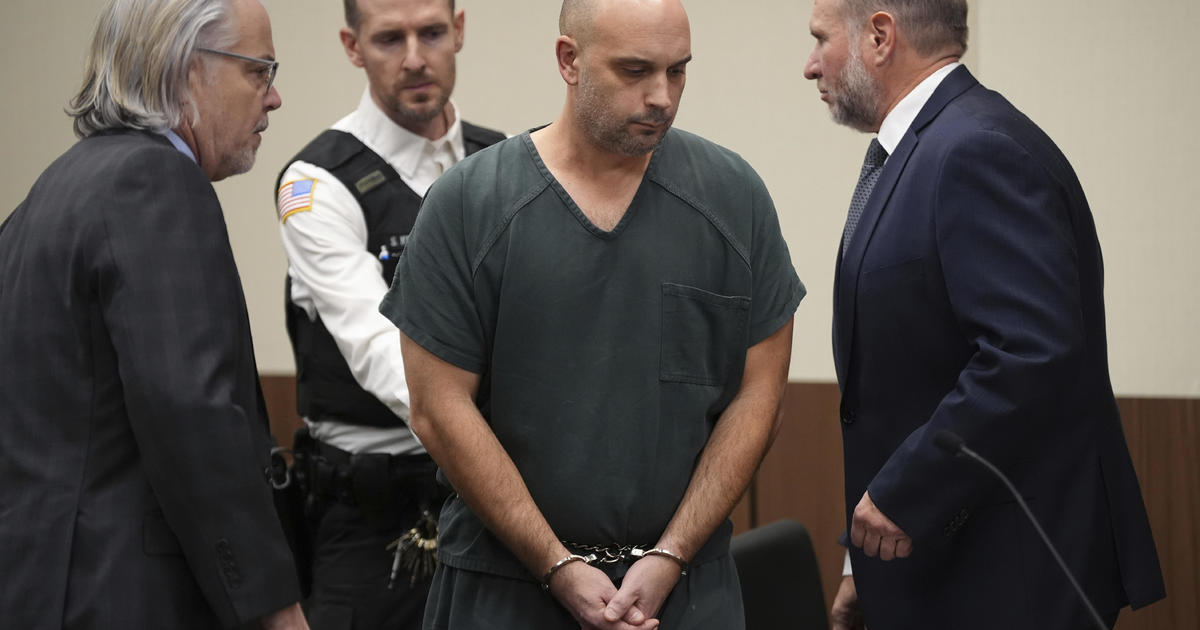Imprisoned Hastert Fights For Tax-Covered Pension
CHICAGO (AP) — Dennis Hastert is serving a 15-month prison term in a hush-money case that stemmed from his sexual abuse of students when he taught at an Illinois public school over 35 years ago. The ex-U.S. House speaker is now pointing to a technicality to argue that a state body should restore his $17,000-a-year teacher's pension that it yanked after his April 27 sentencing.
A recent letter from Hastert's lawyer to the agency overseeing the pensions notes his conviction was not for sexual abuse when he was at Yorkville High School from 1965 to 1981: It was for one count of violating banking law as Hastert withdrew cash from 2010 to 2014 as he sought to pay one victim $3.5 million to ensure his silence. On those grounds, they say, his teacher's pension can't be revoked.
A look at the 74-year-old Republican's bid to hold on to his pensions:
Q: What pensions did Hastert receive prior to his conviction?
A: Hastert received tax-covered pensions totaling about $120,000 a year. In addition to the teacher's pension, Hastert also received a $28,000 pension for his five years in the Illinois General Assembly starting in 1981 and a $73,000 pension for his 20-year stint in Congress. By law, those can only be revoked if a lawmaker's crimes were linked to their time as lawmakers, so neither seemed in jeopardy. But in October, the board of the General Assembly Retirement System voted to suspend Hastert's legislative pension. It said it'll watch what happens with Hastert's bid to restore his public schools pension before deciding whether to revoke the legislative pension for good. There's no sign his U.S. House pension is at risk.
Q: What is Hastert's argument for restoring his teacher's pension?
A: State law is clear that pensions can be revoked for serious crimes teachers committed as teachers. The revocation of Hastert's teacher's pension by the Teachers' Retirement System, or TRS, was "improper, invalid and unconstitutional" in part because he was charged with banking crimes that occurred over three decades after he was in teaching, Mark DeBofsky wrote in an August 29 letter released this month through an open-records request. It also challenges an order that Hastert pay back $222,000 he already withdrew in teacher's pension money.
In the lead-up to sentencing, prosecutors disclosed in court filings that Hastert abused at least four teenage boys who attended Yorkville, including in the boy's school locker room. At sentencing, U.S. District Judge Thomas M. Durkin dubbed Hastert "a serial child molester."
Had Hastert been convicted of abusing those students, there would be no question that withdrawing his pension was legal. Prosecutors made clear that, if they could have charged Hastert with sexual abuse, they would have. But the statute of limitations expired decades ago, so the only option for offering those abused some semblance of justice, prosecutors said, was to charge him with comparatively mundane banking violations.
Q: What are some of the other financial impacts of Hastert's criminal case?
A: Judge Durkin also imposed $250,000 fine as part of Hastert's sentence. His legal bills aren't part of the public records, but his attorneys included high-powered Washington, D.C., defense lawyer Thomas Green. His legal bills could already run into the hundreds of thousands of dollars.
Hastert's ongoing legal expenses include a lawsuit by the one victim he agreed to pay $3.5 million. That victim, referred to only as "Individual A" in filings, is demanding the balance of the hush money Hastert never got around to paying, about $1.5 million.
That Hastert chose to fight for his relatively meagre pension may suggest financial difficulties. But Hastert was already considered wealthy around the time he left Congress, so he may be more than capable of absorbing the costs. Disclosure forms from 2006 show Hastert listed from $1.1 million to $5.3 million in bank and stock holdings, and an additional $3 million to $12 million in property.
Q: What happens next?
A: Hastert's attorneys will get a chance to present arguments and even call witnesses during an administrative review. If the TRS board refuses to restore Hastert's teacher's pension, he could take the matter to court. Dates for the administrative review process haven't been set, TRS spokesman David Urbanek said Monday.
(TM and © Copyright 2016 The Associated Press. All Rights Reserved. This material may not be published, broadcast, rewritten or redistributed.)







